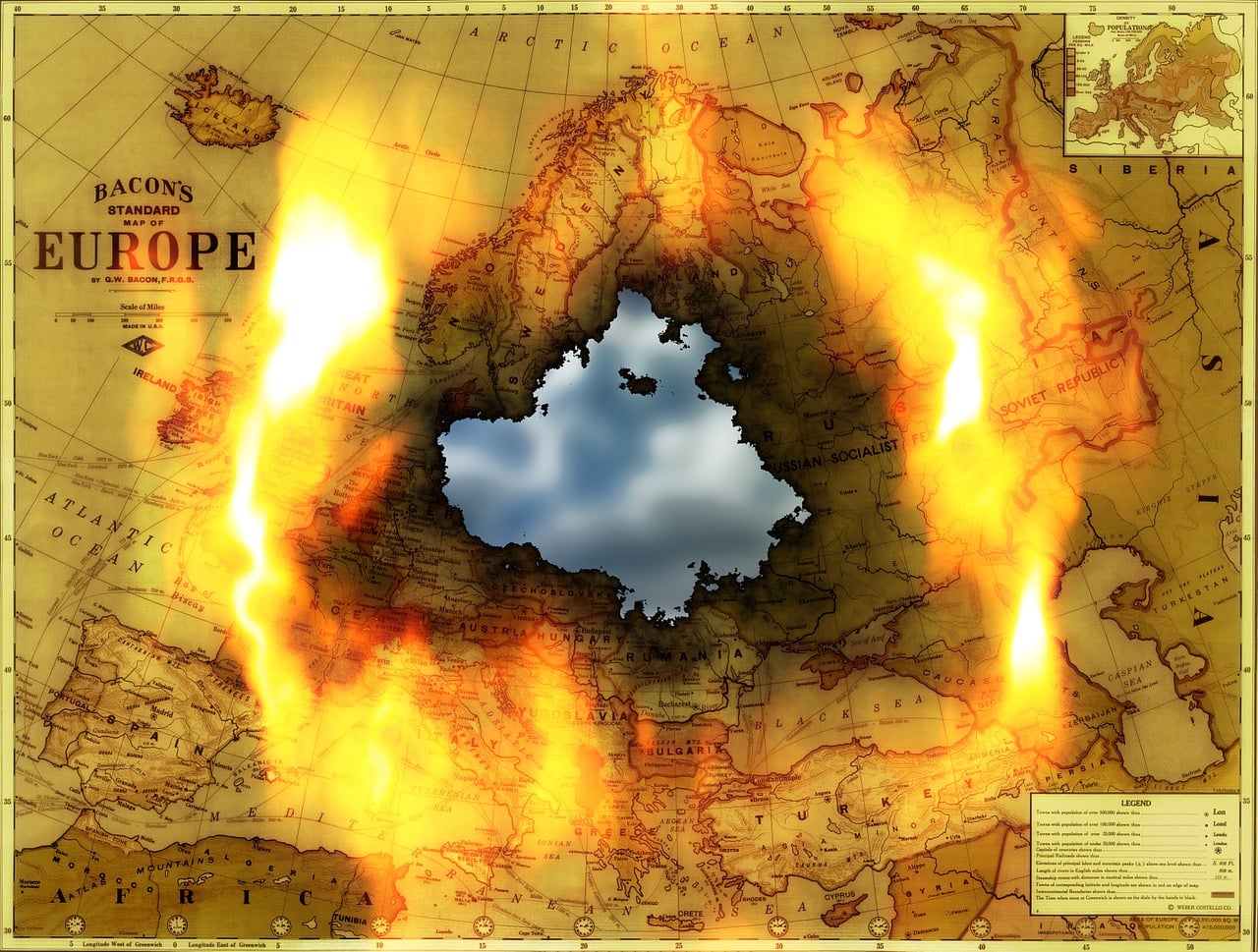The US-China trade war escalated on Monday after both sides announced new tariffs on each other’s goods — the biggest so far. Amid rising tensions between the two powerhouses, Secretary of State Mike Pompeo believes the U.S. will eventually win the US-China trade war.
Fresh round of tariffs
On Monday, the Trump administration announced new 10% tariffs on $200 billion in Chinese goods. The new tariffs cover products like food seasonings, baseball gloves, network routers and industrial machinery parts.
In response, China announced new tariffs ranging from 5% to 10% on $60 billion in U.S. goods, including meat, chemicals, clothes and auto parts. Specifically, China imposed an extra 5% tax on U.S. products like smaller aircraft, computers, and textiles and an additional 10% duty on chemicals, meat, wheat, wine and other products.
After this latest round in the US-China trade war, U.S. tariffs now cover more than $250 billion worth of Chinese goods, or about half of the nation’s exports to the U.S. The latest round of tariffs also covers products that are often bought by Americans, like furniture and electronics. The U.S. tariffs imposed earlier this year covered mainly industrial goods.
Playing the blame game
The Trump administration has long been accusing China of unfair trade practices, including intellectual property theft. With the tariffs, Trump aims to end “unfair transfers of American technology and intellectual property to China” and protect jobs.
In theory, the tariffs are supposed to make U.S.-made products cheaper than goods imported from China. However, many U.S. companies and trade groups have been saying that their businesses are being harmed by the US-China trade war.
Beijing rejects the claims made by the U.S. and is accusing Washington of using “trade bullyism practices.” In an official white paper, China also claimed that the U.S. intends to “impose its own interests on China through extreme pressure.” China even accused the U.S. of starting the “largest trade war in economic history” by “intimidating other countries through economic measures,” hurting the global economy as well in the process.
The Trump administration is expected to raise the tariffs from 10% to 25% by the end of the year. President Trump has also warned about potential tariffs on another $267 billion in Chinese goods, covering almost all the Asian nation’s annual exports to the U.S. Last year, China shipped $506 billion in goods to the U.S.
China imports a far smaller amount of goods from the U.S., so it doesn’t have many options when it comes to imposing tariffs. However, experts believe China can use other ways to challenge the U.S., like imposing import quotas, raising tariffs even higher, making life tougher for U.S. companies operating in China, restricting travel for study and tourism, and helping affected local companies with lower taxes.
No end in sight to the US-China trade war
At this point, there is no end to the trade dispute in sight. Officials from the two countries last met on Aug. 22 in Washington, but no progress was made. Now The Wall Street Journal claims Chinese officials have pulled out of a proposed U.S. meeting. As of now, there have been no official indications from the Chinese government on if it is willing to talk to the U.S.
With no end in sight, experts believe the US-China trade war could impact global growth by 2020. Rating agency Fitch has already lowered its growth forecast for China and the global economy for next year.
“The trade war is now a reality,” Fitch Chief Economist Brian Coulton said. “The downside risks to our global growth forecasts have also increased.”
On the other hand, Pompeo is confident the U.S. will emerge victorious in this intensifying US-China trade war. He told Fox News he believes the U.S. is “going to win it.” Further, he said the US-China trade war will force China to “behave in a way that if you want to be a power — a global power — transparency, rule of law, you don’t steal intellectual property.”
Pompeo added that President Trump “very much likes” Chinese President Xi Jinping, but the U.S. president will bat for policies that “American workers deserve.” Even before Trump became president, the U.S. was complaining that China was being unfair to U.S. businesses. China had been accused of forcing companies to share trade secrets as a condition of operating in one of the world’s fastest-growing economies.




